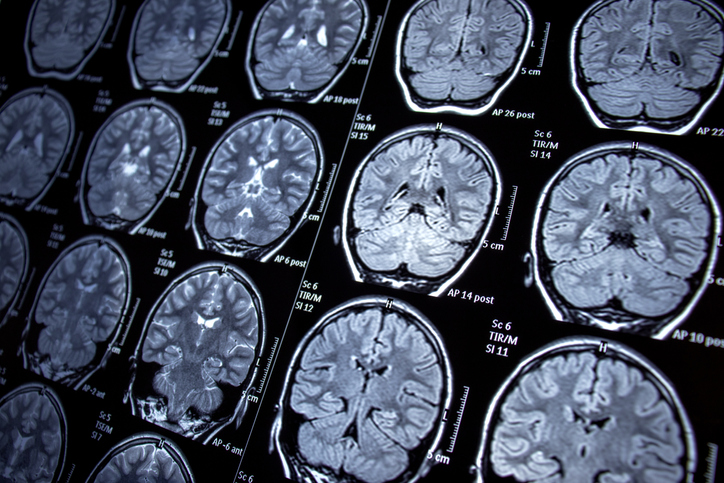Category: Disease Discoveries
-

Tracking COVID-19 from the Amazon to Chicago
Northwestern Medicine scientists are expanding the global network of COVID-19 sequencing in regions where there is limited viral genetic information reporting.
-

Epigenetic ‘Priming’ Boosts Cancer Immunotherapy
An epigenetic inhibitor increased immune system activity in patients with ovarian cancer.
-

Light During Sleep in Older Adults Linked to Obesity, Diabetes, High Blood Pressure
Exposure to light during sleep was associated with obesity, diabetes and high blood pressure in older adults, according to a recent study.
-

Brain Lesion Location Influences Addiction Behaviors
Damage to particular regions of the brain may influence addiction behaviors, providing insight into potential therapeutic targets for substance use disorders.
-

Targeting Bicarbonate in Cancer
Bicarbonate ions are required for cell growth in some cancers, according to a Northwestern Medicine study.
-

Anti-seizure Medication has a New Target
Designed to target AMPAR receptors in the brain, the medication — called perampanel — also modulates kainate receptors.
-

Epigenetic Biomarkers Predict CVD Risk
A new study provides evidence that blood epigenetic biomarkers contain “snapshots” of past cardiovascular health exposures and behavior at the molecular level.
-

Deep-learning Empowers Discovery of New Genetic Mutation in Cancer
A deep learning model has discovered genetic variations in cancer that are undetectable in traditional genome sequencing.
-

Northwestern Investigates COVID-19: Omicron, Vaccines, Pediatric Complications
Northwestern Medicine investigators have continued to examine COVID-19, from the impact of prone positioning during treatment to vaccine protection against the Omicron variant in children.
-

Genetic Variants in Epilepsy Gene Identified
Investigators have discovered a new method to determine whether individual genetic variants in the epilepsy-associated gene SZT2 cause the neurodevelopmental disorder, according to a Northwestern Medicine study.






